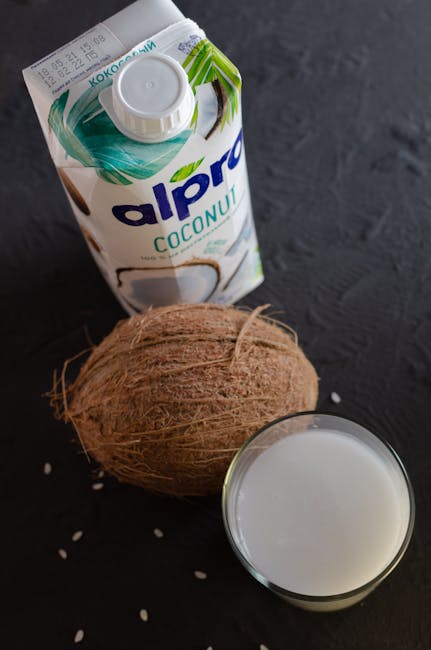Introduction
The Paleo diet, also known as the caveman diet, has gained significant popularity in recent years. It centers around consuming foods that our hunter-gatherer ancestors supposedly ate, primarily focusing on lean proteins, fruits, vegetables, nuts, and seeds. While often touted for weight loss and improved physical health, an intriguing aspect is its potential impact on mood and mental well-being. This article delves into the research surrounding the Paleo diet and its connection to a better mood.
The Paleo Diet and Mood: Exploring the Connection
Understanding the Paleo Diet’s Components
Before diving into the research, it’s crucial to understand the core principles of the Paleo diet. Key elements include:
- Prioritizing Whole Foods: Emphasis on unprocessed foods like fruits, vegetables, and lean meats.
- Eliminating Processed Foods: Strict avoidance of refined sugars, processed grains, and unhealthy fats.
- Focusing on Nutrient Density: Opting for foods rich in vitamins, minerals, and antioxidants.
How the Paleo Diet Might Affect Mood
Several factors contribute to how the Paleo diet could positively impact mood:
- Blood Sugar Stabilization: By eliminating processed sugars and refined carbohydrates, the Paleo diet helps stabilize blood sugar levels, preventing energy crashes and mood swings.
- Reduced Inflammation: Processed foods are often linked to chronic inflammation, which has been implicated in mood disorders. The Paleo diet’s emphasis on whole foods can reduce inflammation.
- Gut Health Improvement: The diet promotes the growth of beneficial gut bacteria due to the high fiber content of fruits and vegetables. A healthy gut is linked to improved mental health via the gut-brain axis.
- Increased Nutrient Intake: Paleo-friendly foods are packed with essential nutrients like omega-3 fatty acids, B vitamins, and magnesium, all of which play crucial roles in brain function and mood regulation.
Research Findings: What the Studies Say
While research directly linking the Paleo diet to improved mood is still developing, several studies offer insights:
- Observational Studies: Some studies have observed correlations between diets similar to the Paleo diet (whole-food-based, low in processed foods) and lower rates of depression and anxiety.
- Studies on Inflammation: Research focusing on the role of inflammation in mood disorders suggests that anti-inflammatory diets like the Paleo diet may offer therapeutic benefits.
- Studies on Gut Microbiome: Increasingly, research emphasizes the connection between gut health and mental well-being. Paleo diet’s potential to improve gut health could be a key factor.
It’s important to note that more rigorous, controlled studies are needed to definitively establish a causal link between the Paleo diet and improved mood.
Potential Drawbacks and Considerations
While the Paleo diet offers potential benefits, it’s important to consider potential drawbacks:
- Nutrient Deficiencies: Strict adherence to the Paleo diet may lead to deficiencies in certain nutrients, such as calcium and vitamin D, if not carefully planned.
- Sustainability and Cost: The diet can be expensive and difficult to sustain long-term due to the emphasis on high-quality meats and produce.
- Individual Variation: The effects of the Paleo diet on mood can vary significantly from person to person.
Consulting with a registered dietitian or healthcare professional is highly recommended before starting the Paleo diet, especially if you have existing health conditions.
Conclusion
The Paleo diet holds promise as a potential tool for improving mood and mental well-being, primarily through blood sugar stabilization, reduced inflammation, improved gut health, and increased nutrient intake. However, more research is needed to definitively confirm its benefits and understand the mechanisms involved. It’s crucial to consider individual needs, potential drawbacks, and seek professional guidance before adopting the Paleo diet as a strategy for enhancing mood.
